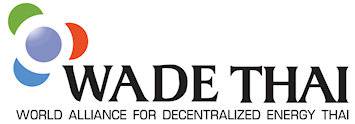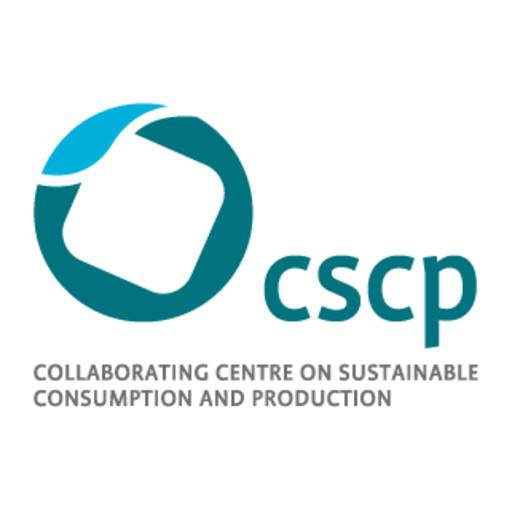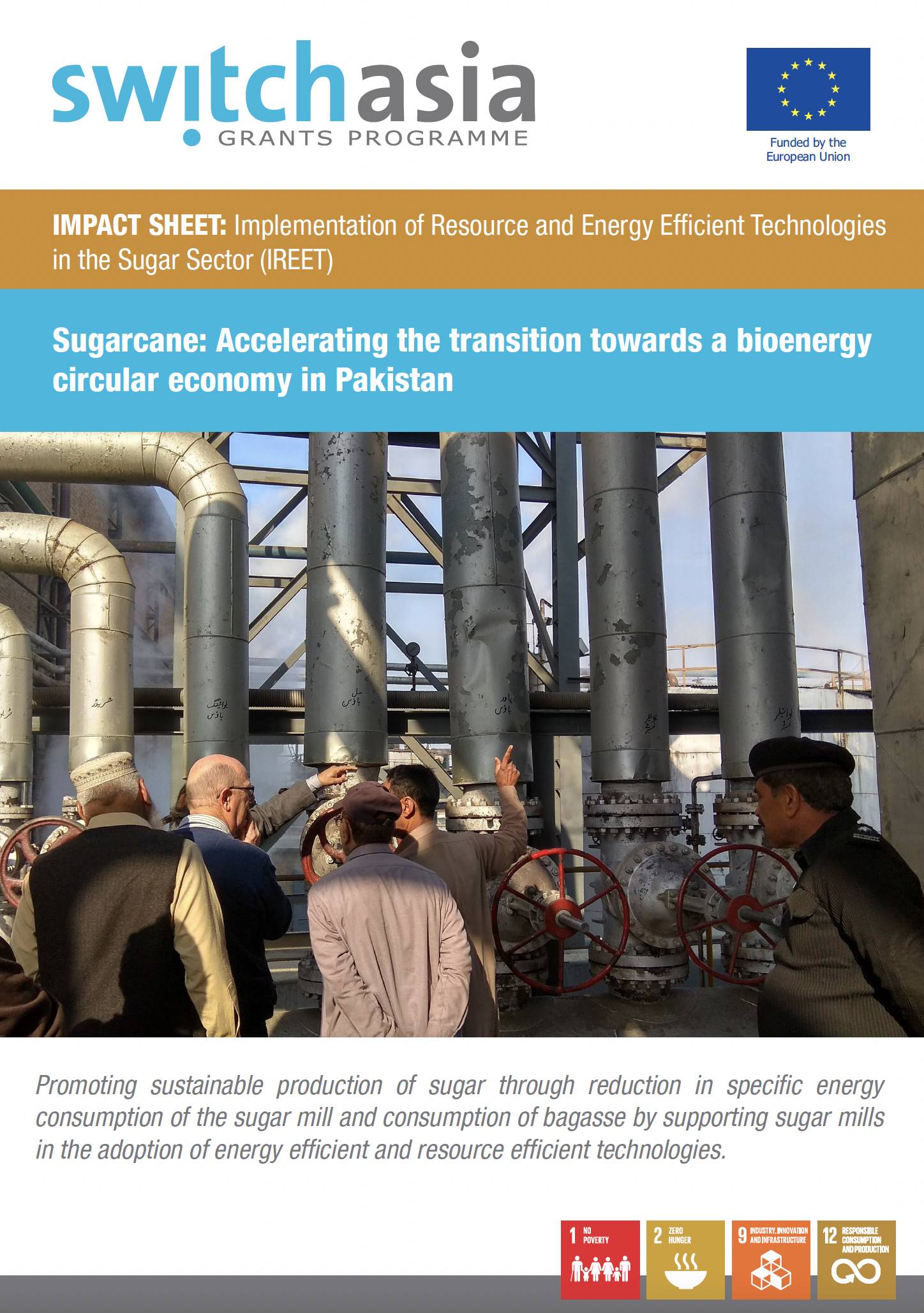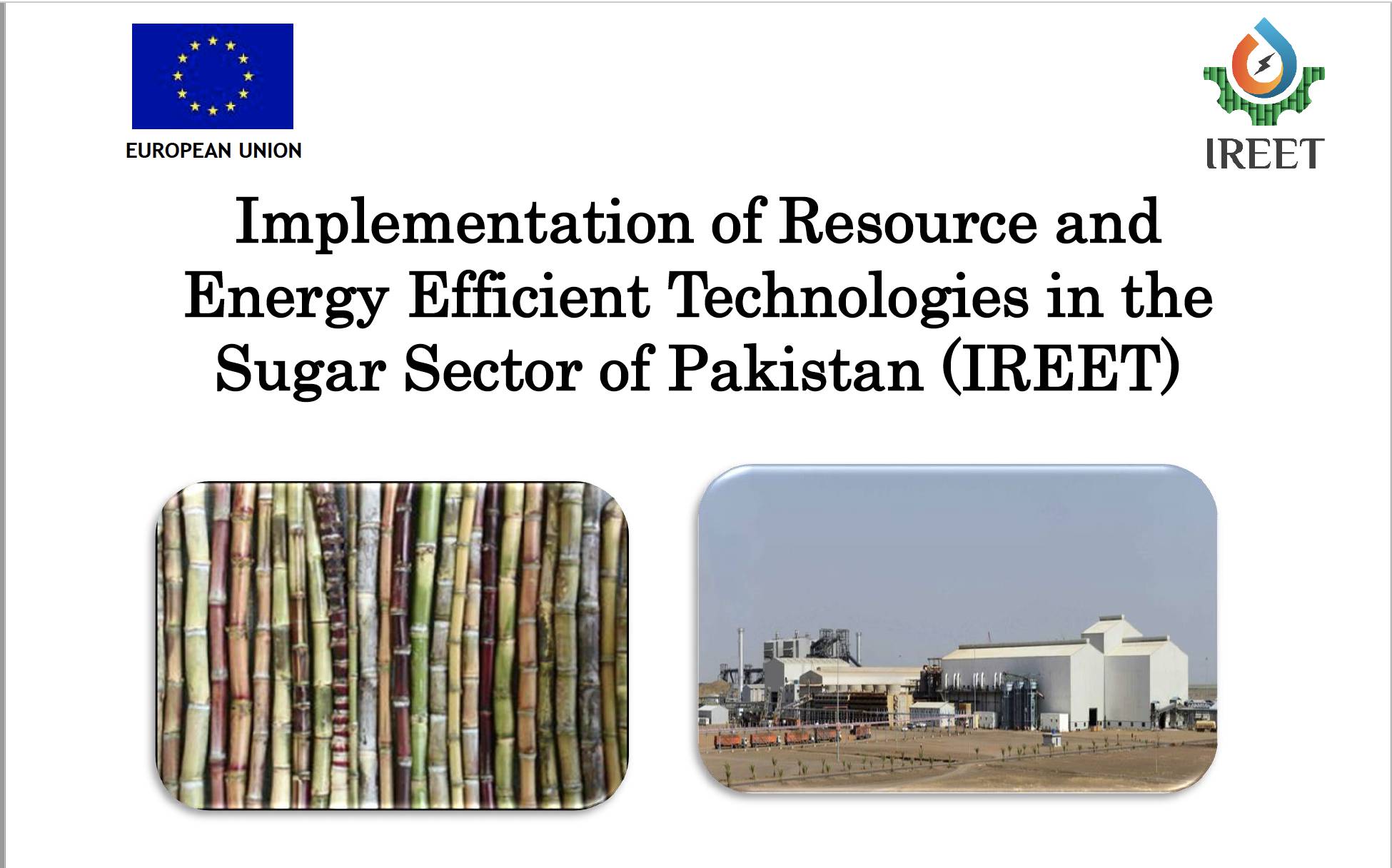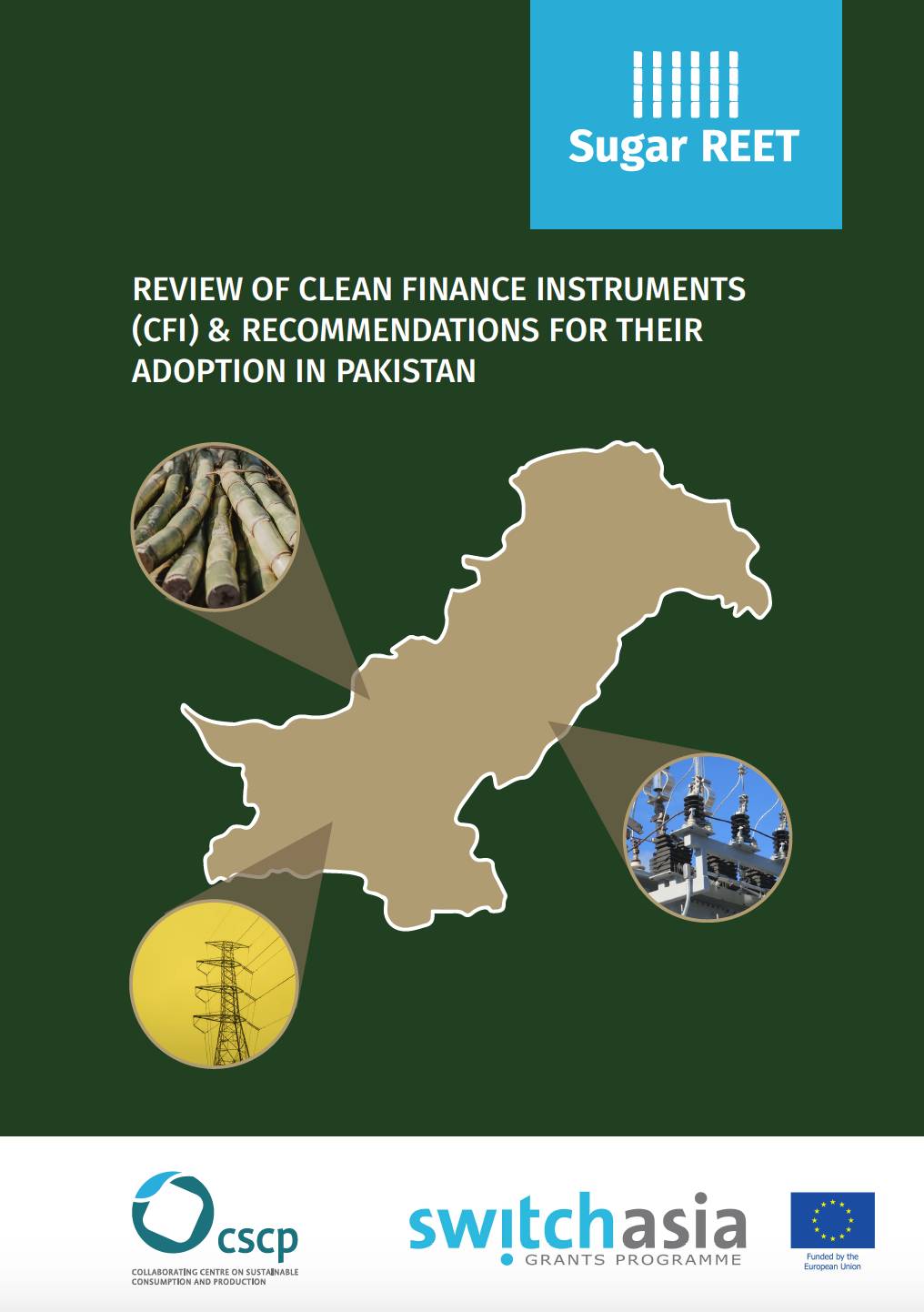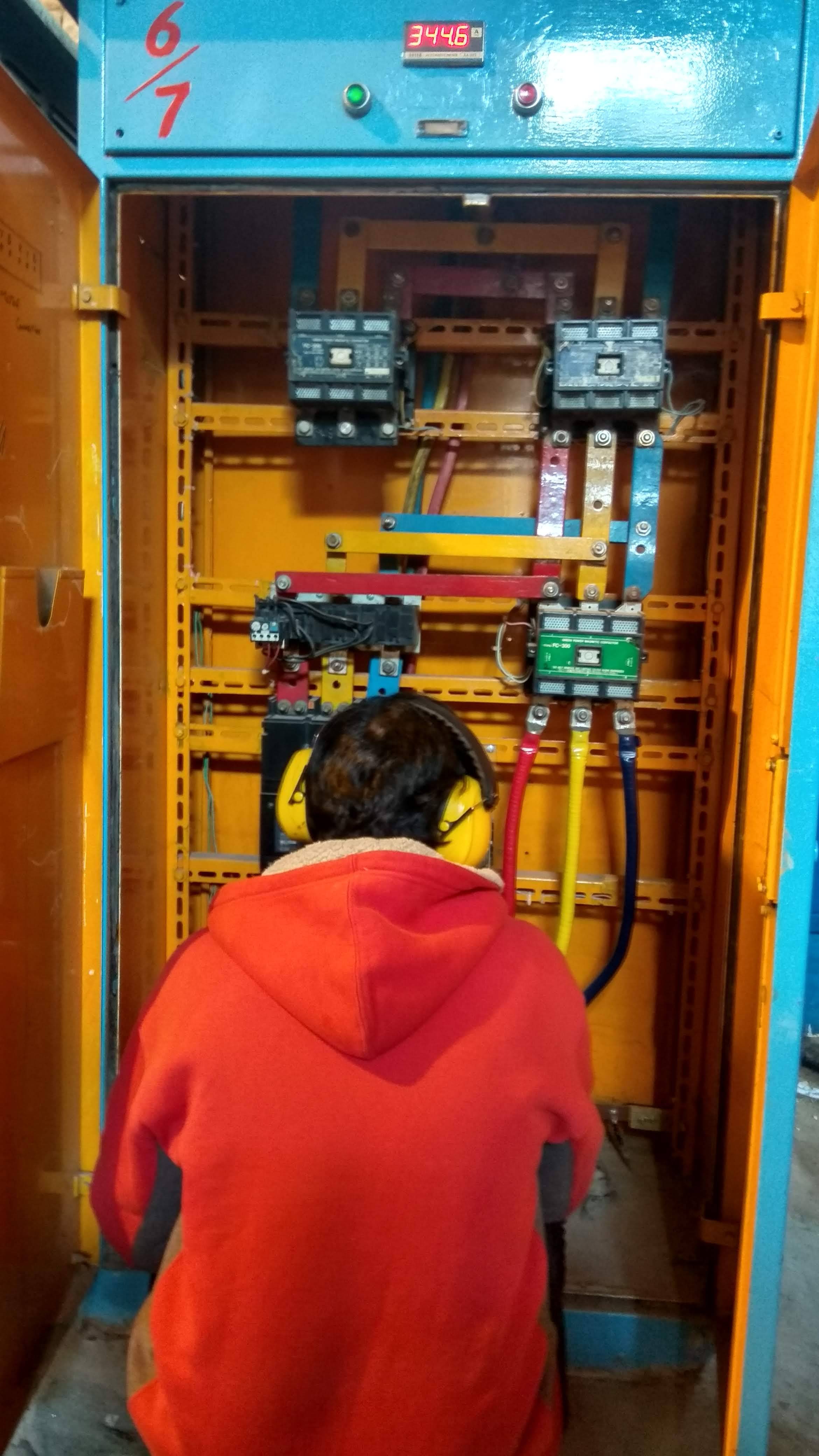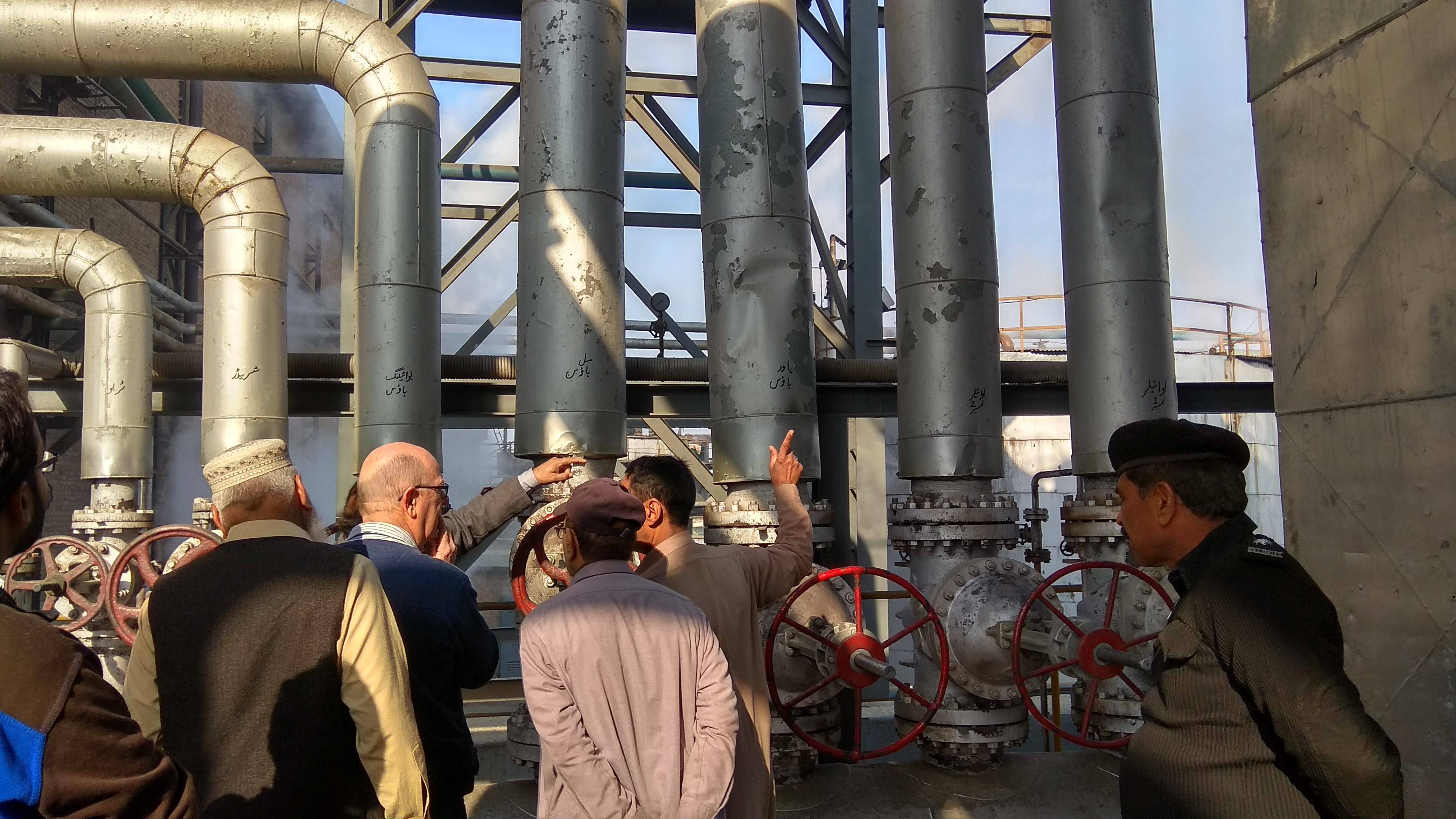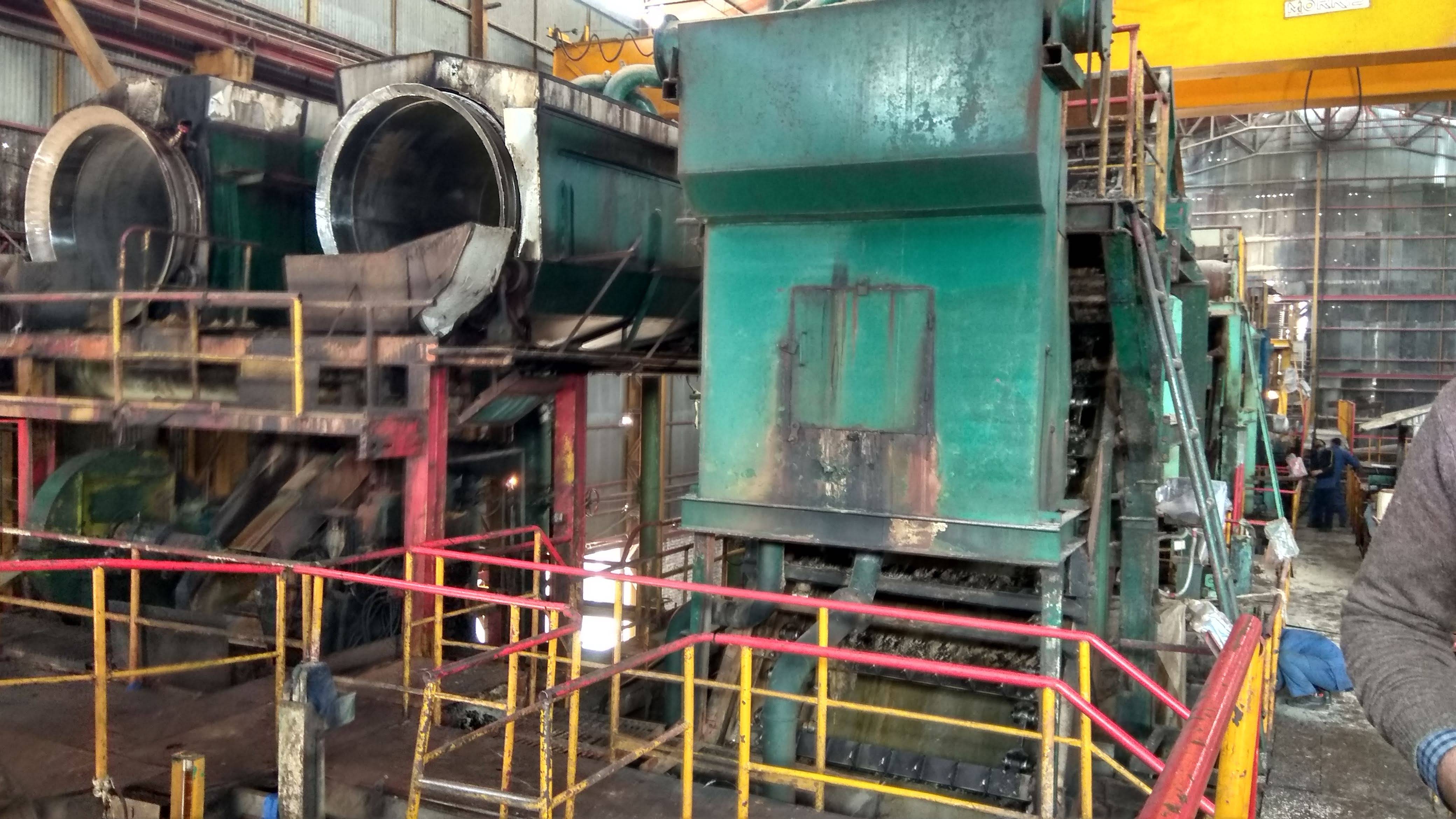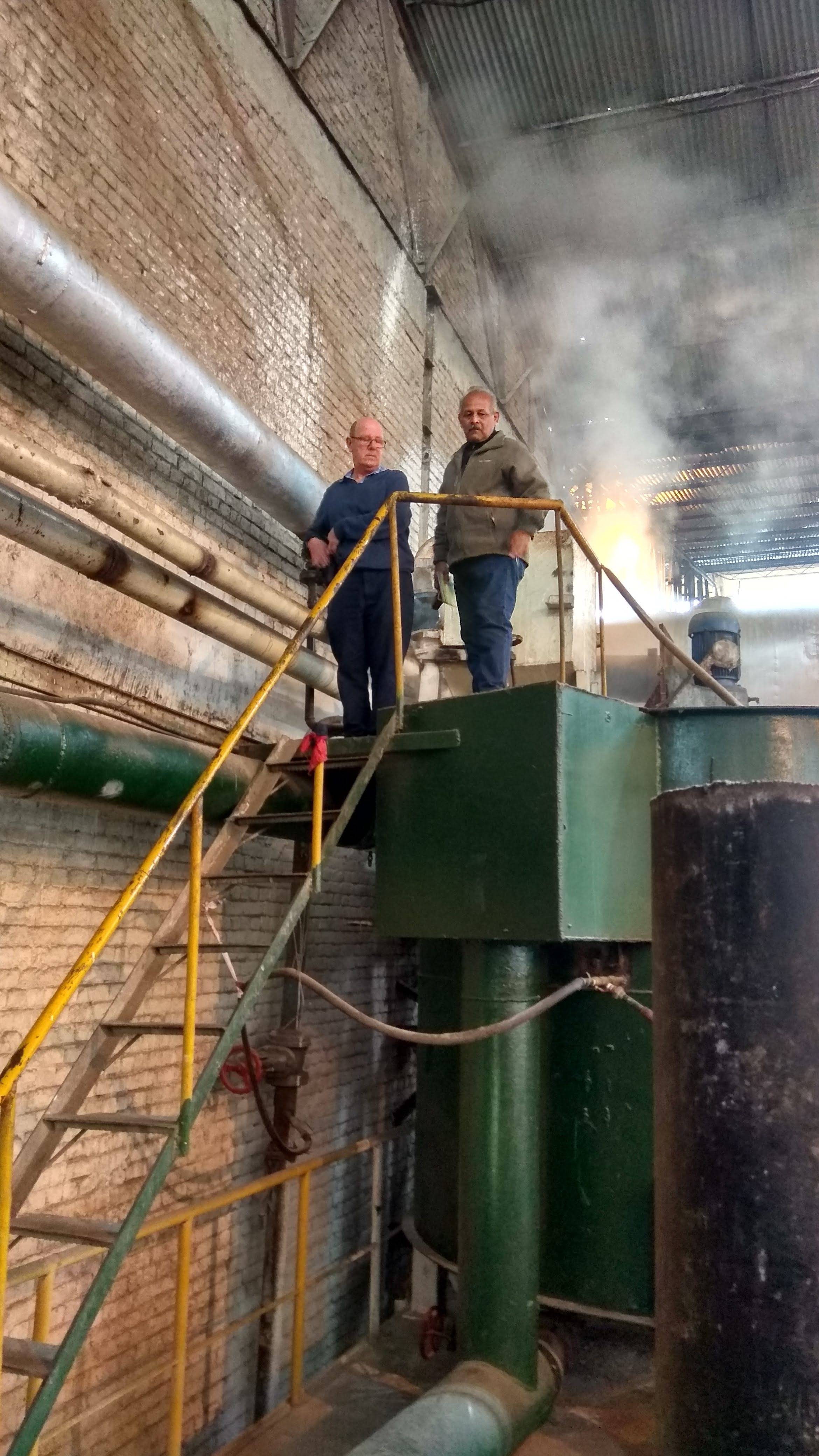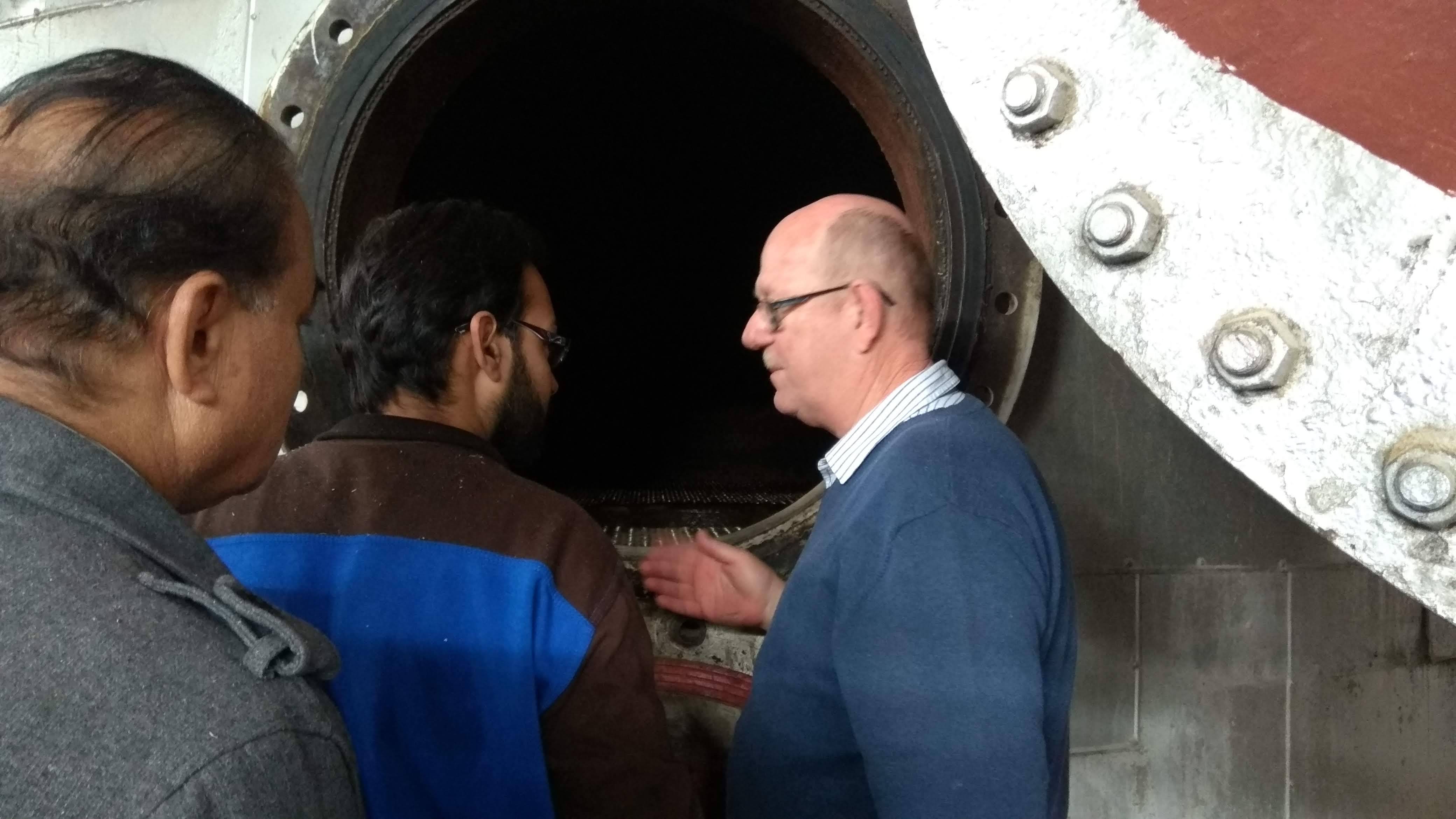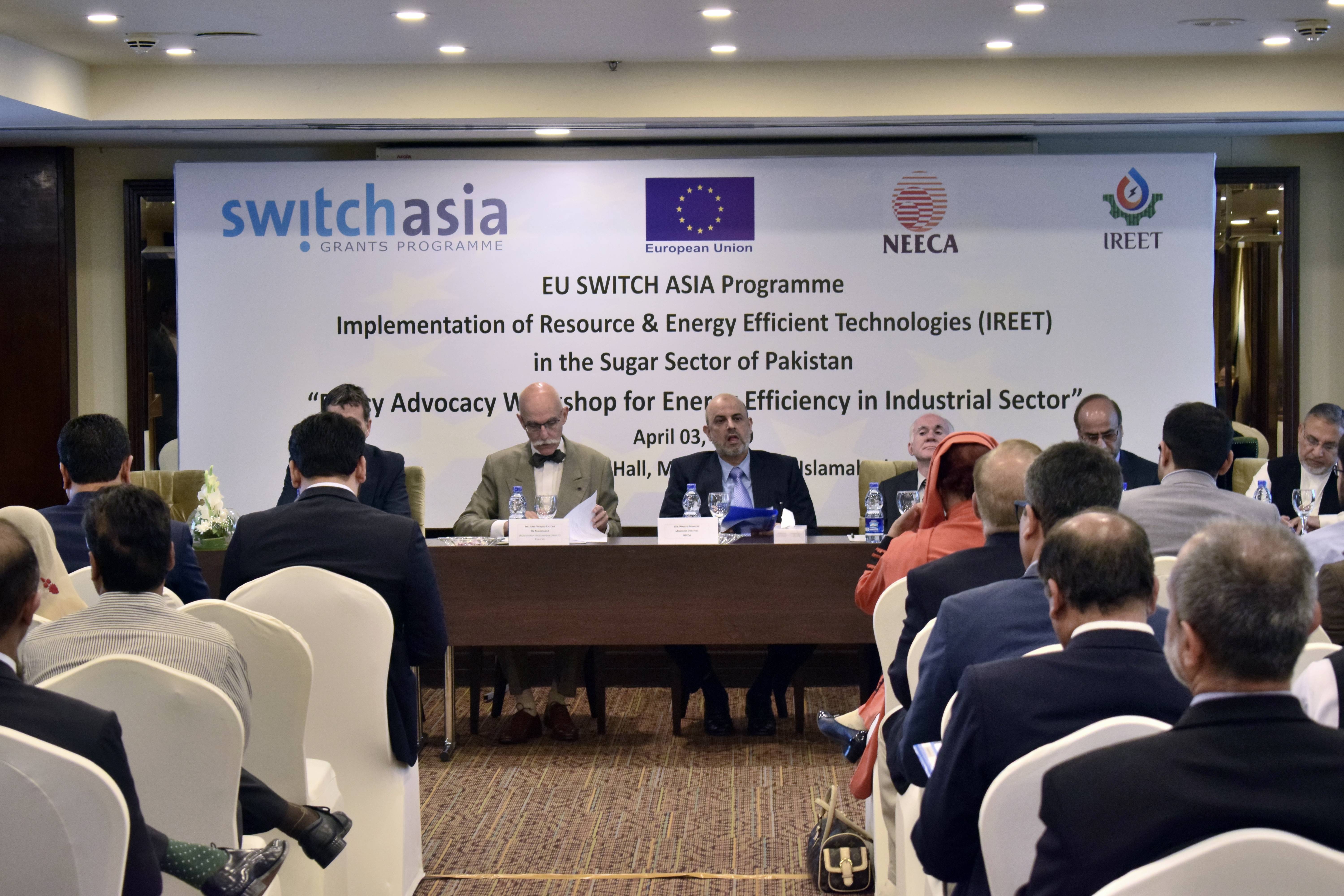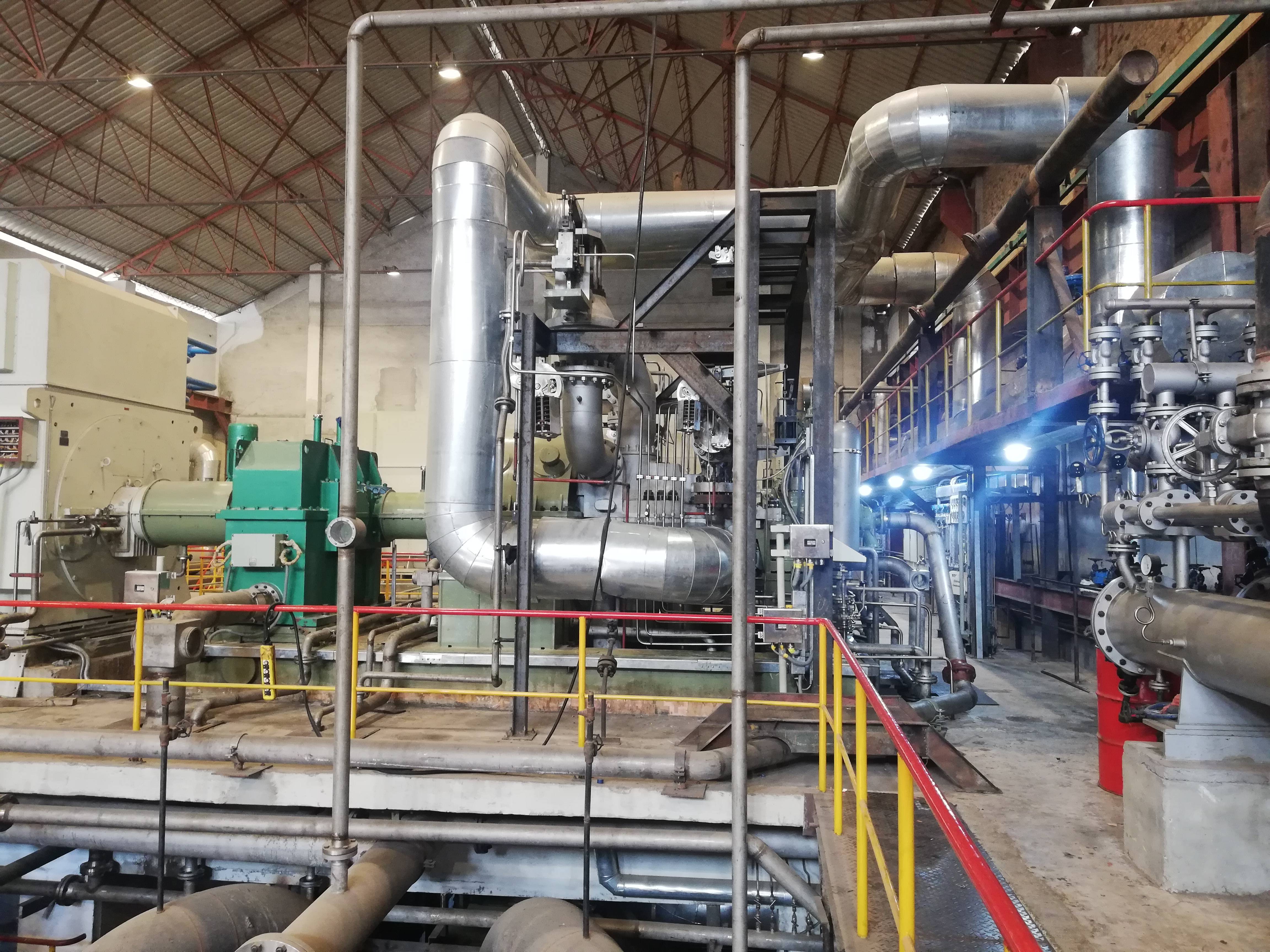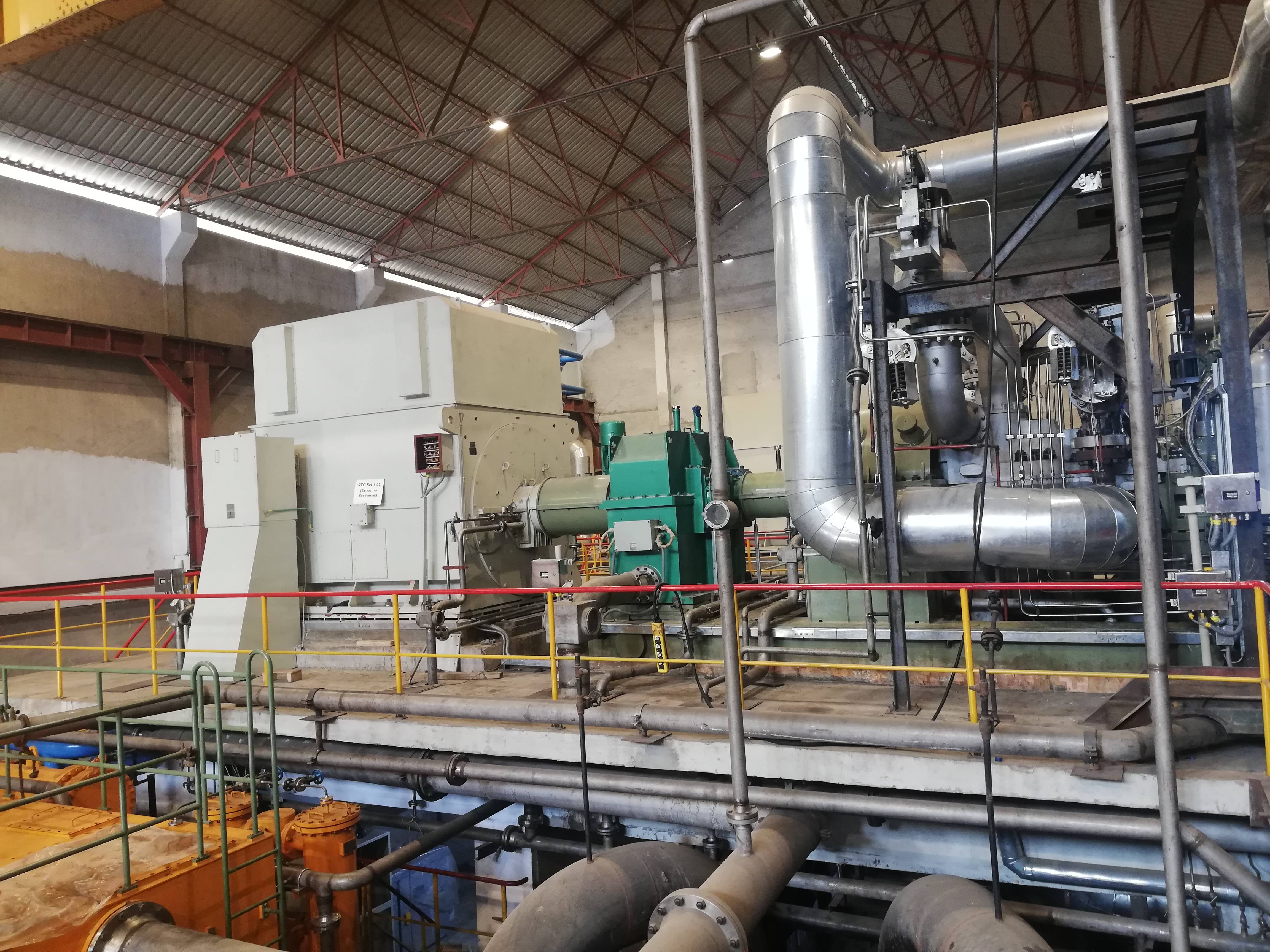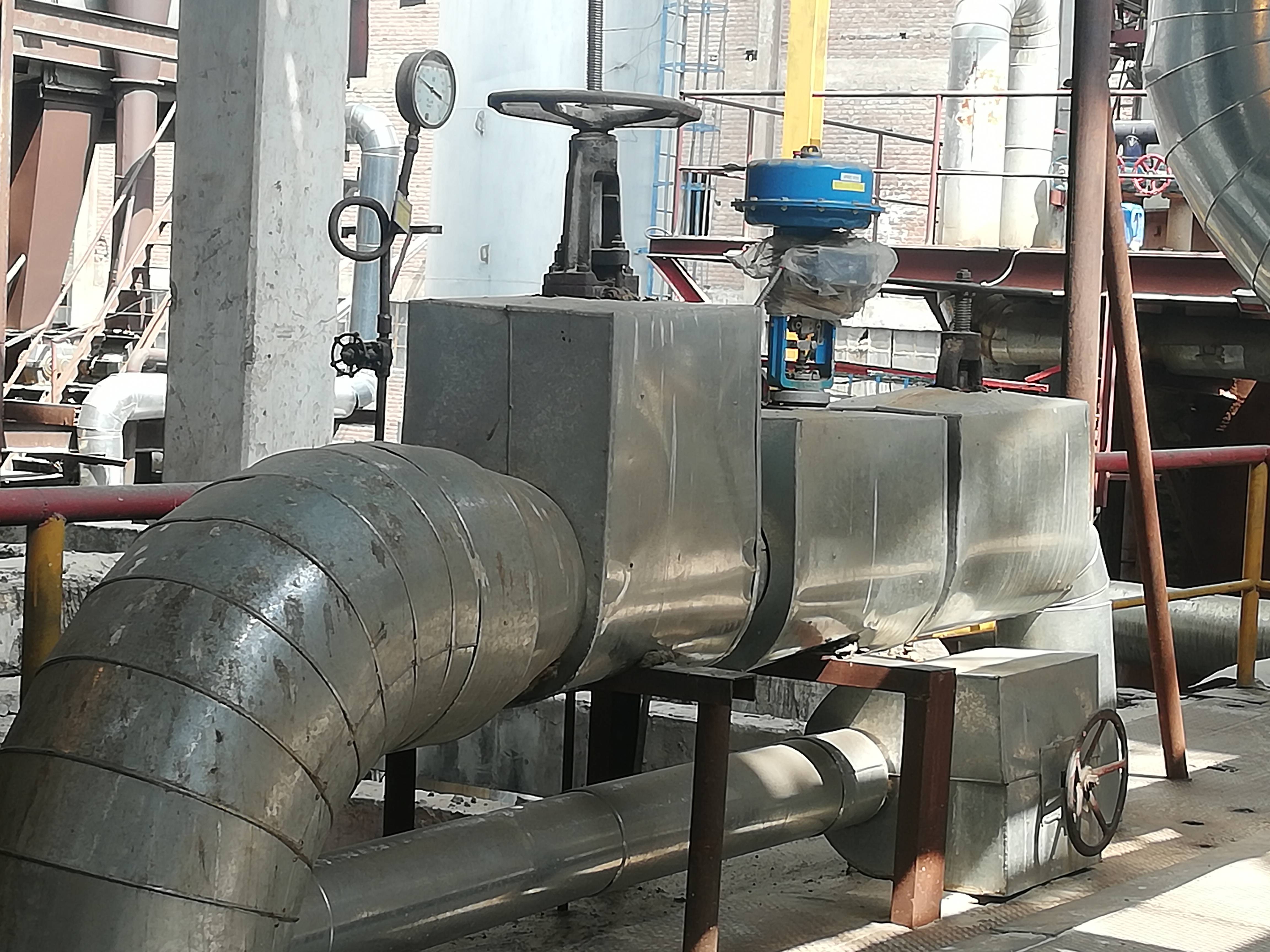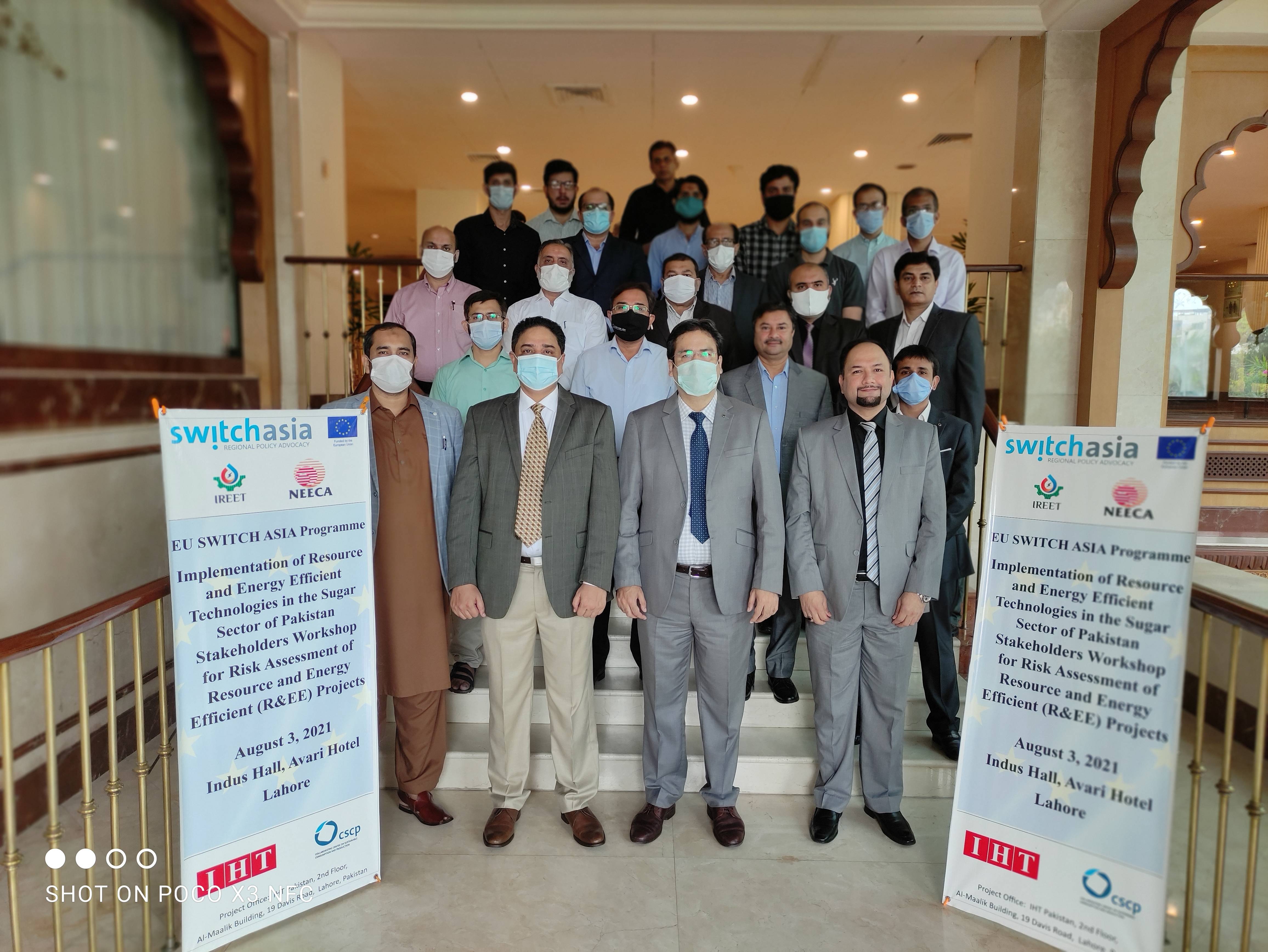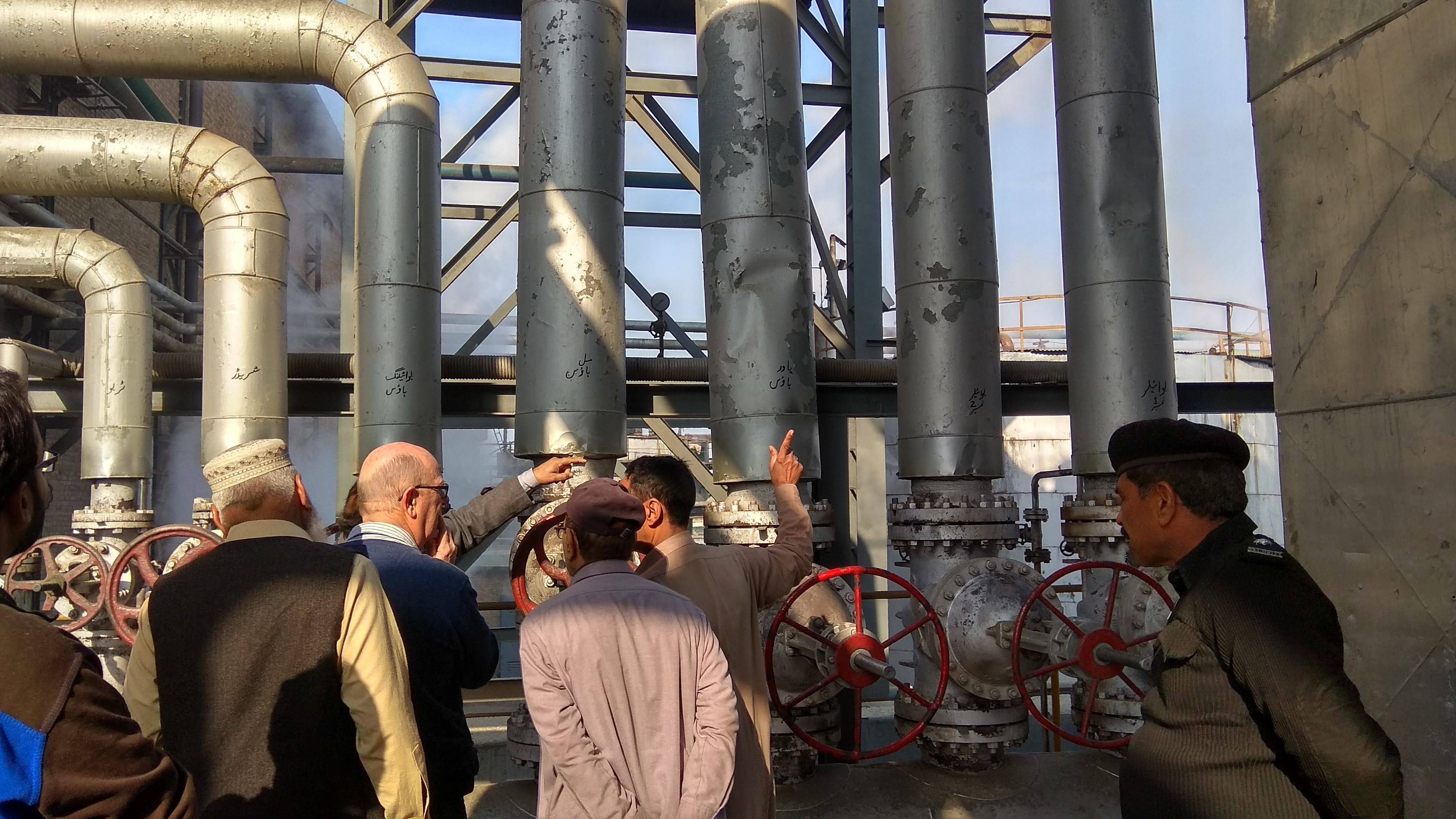
The Challenge
Most sugar mills in Pakistan use outdated technologies and practices (i.e. use of Robert type evaporators, 3-5 rollers mills and inefficient low-pressure boilers) for sugar production, resulting in high inefficiencies, wastage of resources and increased cost of production. Majority of the sugar mills have a high specific energy consumption of over 1250 MJ/ton of sugarcane (due to high steam-on-cane ratio in the order of 52% and high electricity consumption to the tune of 24 kWh/tons of cane crushed). Moreover, they are using low-pressure boilers which typically have efficiencies in the range of 65-75%, as compared to over 90% for modern high-pressure boilers. There is significant potential for upgrading the milling processes in the industry to save bagasse, which is generated as a by-product of the cane crushing process, from being burnt inefficiently as fuel in boilers. Approximately 70% of the bagasse produced is currently consumed by the sugar industry itself to meet its energy requirements. Bagasse consumption of sugar mills can be significantly reduced by introducing energy efficient technologies, adoption of best practices and appropriate retrofitting. The saved bagasse can be utilised for power generation, and subsequently exporting the surplus power to the national grid. This project will target the provinces of Sindh, KPK, and Punjab in Pakistan.
The Objectives
The project aims to promote sustainable production of sugar through reduction in specific energy consumption of the sugar mill. In addition, it aims to promote sustainable consumption of bagasse (renewable sugar mill waste) by supporting sugar mills in the adoption of energy efficient (technical innovations), and resource efficient (resource efficiency) technologies through technology standardisation, enabling access to finance, and mobilising of relevant public sector authorities for the formulation of a conducive regulatory regime for the promotion of R&EE in the sugar sector.
The Way Forward
- 70 Sugar Mills owners supported in adopting R&EE technology through business cases developed by the action;
- 30 Sugar Mills trained on selection of R&EE technologies based on Standardized Technical Specifications developed by the action;
- 5 Local Solution Providers enabled to offer standardized R&EE technology to Sugar Industry;
- 5 Service Providers enabled to provide auditing services to the sugar sector;
- Improved availability of Capital for R&EE Technology through 5 participating Financial Institutions (FIs) offering concessional loans using SBP’s R&EE Financing Scheme;
- Revised National Energy Conservation Policy;
- 10 R&EE projects achieving Financial Closure/Implemented by Sugar Mills;
- 12% reduction in Energy Consumption (steam-on-cane ratio, reduced from 52% to 46%);
- 10% reduction in Water usage;
- 600,000 tCO2/year avoided.
Duration:
2/2018 - 1/2022Total Budget:
EUR 1,436,160.00 (EU contribution: 79.77%)Lead Partners

Iqbal Hamid Trust (IHT)
Partners
